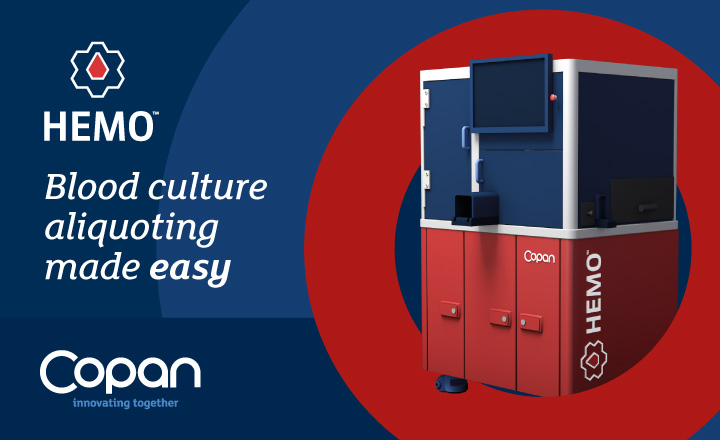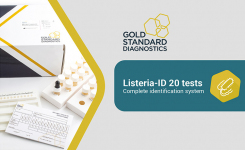At last week's IDWeek™ 2018, Karius along with Duke University presented results of a study demonstrating that the Karius® Test, a non-invasive blood test that detects pathogen DNA in plasma, accurately identified causative pathogens in patients with infective endocarditis even when blood cultures were negative due to pre-treatment with antibiotics.
“The diagnosis of infective endocarditis (IE) can be difficult, especially if it is caused by organisms that are hard to grow, or if the patient has recently received antibiotic therapy. The Karius diagnostic platform offers an exciting approach to identifying the cause of endocarditis in patients with this life-threatening condition,” said Dr. Vance Fowler, professor in the Departments of Medicine and Molecular Genetics & Microbiology at Duke University Medical Center and a lead author of the study.
“The Duke Infective Endocarditis study demonstrates how the Karius Test can accurately identify the pathogen causing infective endocarditis even when the patient has been pre-treated with antibiotics,” said Dr. David K. Hong, Vice President of Medical Affairs and Clinical Development at Karius. “The test’s ability to detect and quantify over a thousand pathogens gives clinicians the unique ability to measure pathogen signal in patient plasma over time. This study shows great promise that microbial cell-free DNA as reported by the Karius Test can be a biomarker to aid in the diagnosis and monitoring of IE.”
Findings
Duke University researchers enrolled 30 hospitalized adult patients in a prospective study who were classified using the Duke Criteria for acute infective endocarditis. Blood samples were sent to the Karius laboratory, which uses next-generation sequencing to detect microbial cell-free DNA in patient plasma from over 1,000 pathogens including bacteria, DNA viruses, fungi, molds and eukaryotes.
Study Overview:
The Karius Test was performed on residual plasma samples collected within 24 hours of evaluation and whole blood samples collected within 48-72 hours of enrollment as well as on samples collected every 2-3 days for up to 7 time points until discharge. Of the 29 patients eligible for analysis, 24 patients enrolled in the study were evaluated to have definite infective endocarditis. Out of these, 21 patients had culture-positive disease. The Karius Test identified the same organism as cultures in 20 patients (95.2% sensitivity) and additionally identified Enterococcus faecalis in 1 out of the 3 culture-negative patients. Pathogen cell-free DNA signal decreased on antibiotic treatment with rapid declines after surgical procedures to remove the source of infection. The test identified pathogens causing the endocarditis episode in patients pre-treated with antibiotics up to 30 days prior to initial sample collection.
Visit kariusdx.com





















